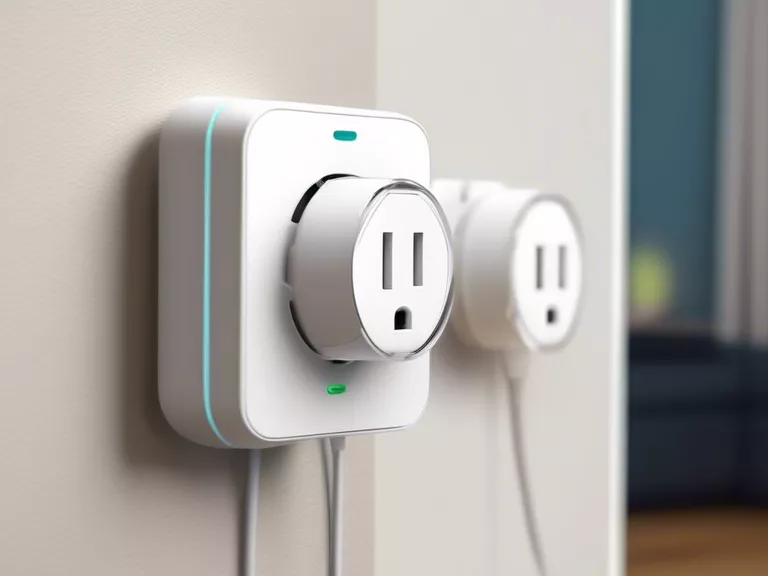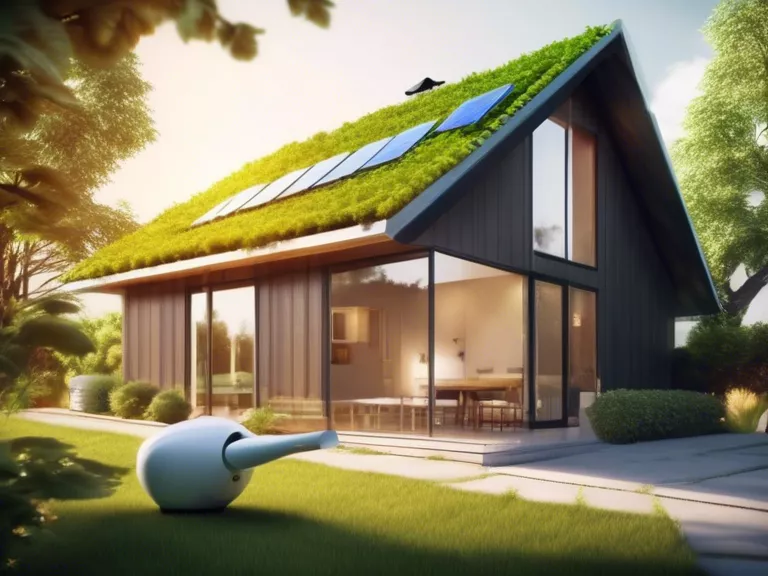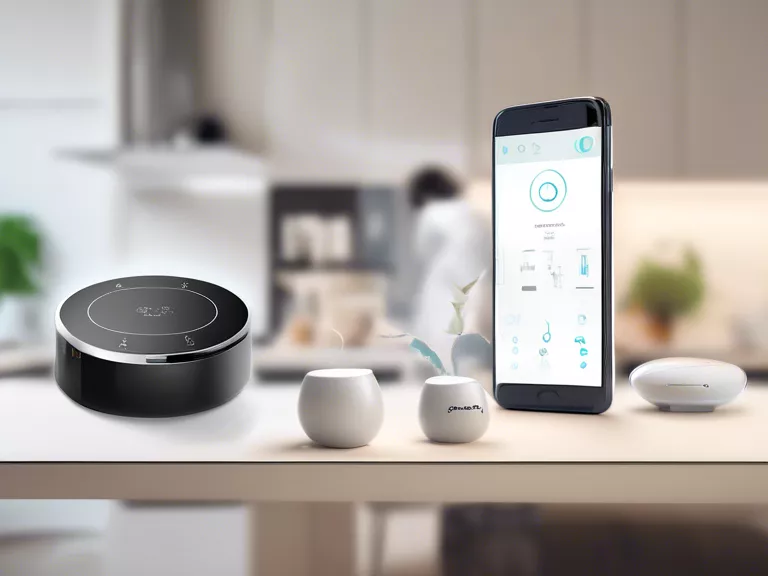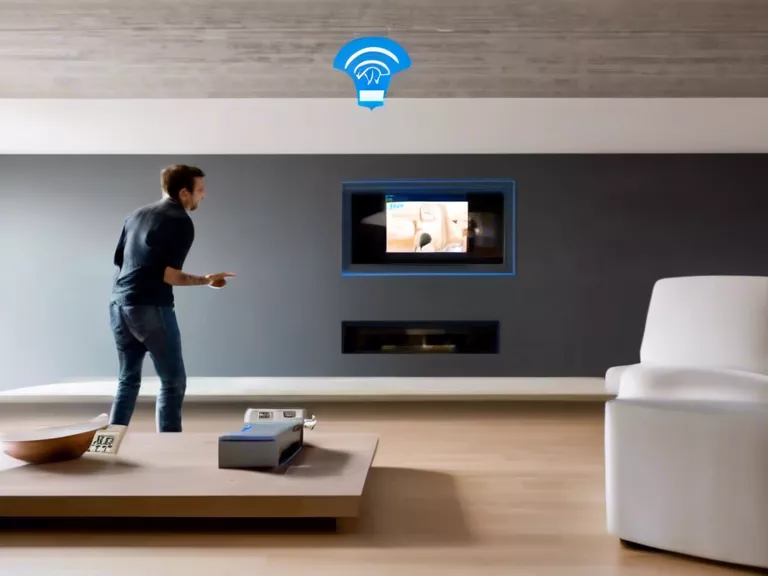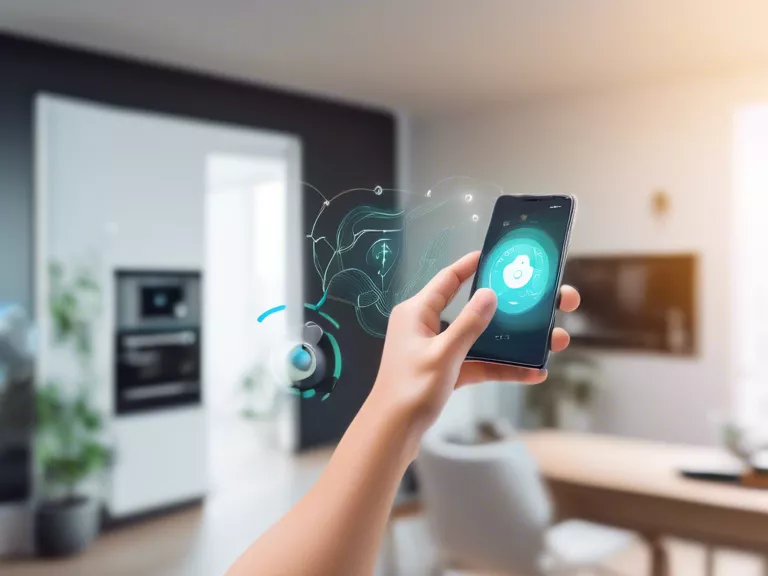
In recent years, Artificial Intelligence (AI) technology has revolutionized the way we interact with smart home devices. One of the most exciting advancements is the ability of AI to predict and adapt to user routines. This not only makes our lives more convenient but also enhances the overall efficiency of smart home systems.
One way in which AI is helping smart home devices predict and adapt to user routines is through machine learning algorithms. These algorithms analyze patterns in the way users interact with their devices and use that data to anticipate their needs. For example, if a user typically turns on the lights and adjusts the thermostat at a certain time each day, the AI can learn this pattern and automatically adjust the settings without the user having to do anything.
Another way AI is enhancing smart home devices is through personalized recommendations. By analyzing a user's behavior and preferences, AI can suggest ways to optimize their routines and save energy. For instance, if a user tends to leave the lights on when they leave the house, the AI can recommend setting up a schedule to turn them off automatically.
Furthermore, AI-powered smart home devices can also adapt to changes in user routines. If a user's schedule changes, or they have guests over, the AI can quickly adjust its settings to accommodate these new circumstances. This level of adaptability ensures that smart home devices continue to meet the needs of users, no matter how their routines may evolve.
Overall, the integration of AI technology into smart home devices has transformed the way we interact with our homes. By predicting and adapting to user routines, AI not only makes our lives more convenient but also helps us save time and energy. As AI technology continues to advance, we can expect even more sophisticated and intuitive smart home devices in the future.
